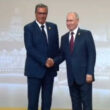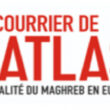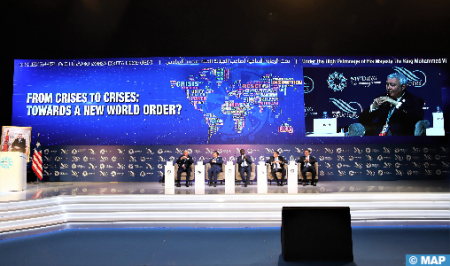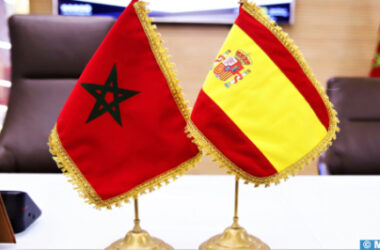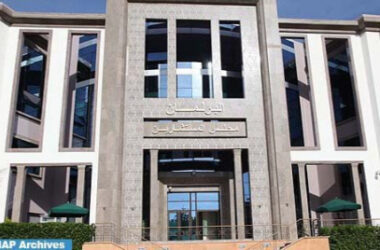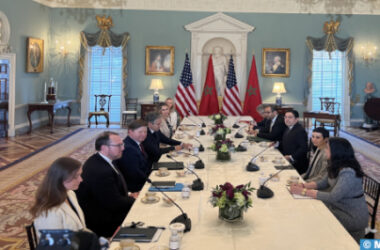Speaking at a panel entitled “Moroccan Sahara: Focus on recent dynamics”, the Managing Partner at Mazars Audit & Conseil, Abdou Diop, explained that “the reality on the ground always prevails”, highlighting the dynamics of development that the southern provinces are experiencing.
This momentum, he said, is “carried by a royal vision and a strong commitment of the public and private sectors and a very important adhesion of the population”.
In this regard, Diop noted that the southern provinces rank first among Morocco’s regions in terms of GDP per capita, stressing that these provinces have become “a pilot region in energy transition (…) and a real hub for Africa”.
In this sense, the expert said that the African Union “can no longer afford to leave this subject on standby depending on the wishes of some and others,” noting that the artificial dispute over the Moroccan Sahara is “a crucial issue for the economic integration of the continent”.
President of the Institut de l’Emergence, Mubarak Lo, called for the suspension of the pseudo “sadr” of the AU, calling on member states to amend the treaty of the continental organization, according to Article 32, to suspend this puppet entity.
For the Senegalese researcher, the inclusion of the pseudo “sadr” in the AU was “a historical mistake”, noting that the current balance of power on the African continent is largely favorable to Morocco.
“Today, the balance of power is clear, more than 70% of African states are in favor of the Moroccan position and the autonomy plan presented by Morocco,” he said, estimating that many other countries will soon align themselves with the position of the majority of the continent because the Moroccan autonomy plan is “the only viable solution” to this dispute.
For his part, president of the Institut Prospective et Sécurité en Europe (IPSE), Emmanuel Dupuy, pointed to Algeria’s direct involvement in this artificial conflict.
“It is a question of survival for the Algerian regime which needs, among other things, to justify the increase in its defense budget,” he said, adding that the Sahara issue should have been settled peacefully 40 years ago through diplomacy and democracy.
“The Sahara issue shows the great fragility of Algeria and its hyper dependence on hydrocarbons,” he said, adding that some European countries have “made a mistake to depend singularly” on exports of Algerian gas at the expense of a privileged relationship with Rabat.
The international expert in diplomacy and sovereignty, Amine Lahghidi, said that the UN Security Council resolution 2654 on the Sahara is “a recognition of the international community of the seriousness and credibility of the Moroccan autonomy plan,” noting that any solution to this dispute can only take place “under the sovereignty of Morocco and in full respect of the integrity of the Kingdom”.
The Moroccan autonomy initiative is a “feasible” plan, he stressed, recalling the expertise of Morocco in advanced regionalization, especially in the southern provinces, “champions of participatory democracy in the Kingdom with a very high rate of voter turnout”.
In addition, he added, Resolution 2654 has enshrined the roundtable process and reaffirmed “the full political, legal and moral responsibility of Algeria before history” in relation to the dispute over the Moroccan Sahara.
The Security Council, he stressed, confirmed Algeria “as a party to the conflict in a very clear way.”


